Dhaka, August 11 (V7N) — The High Court of Bangladesh has acquitted Abdul Wadud Bhuiyan, President of the BNP’s Khagrachhari District unit, in a long-standing corruption case filed by the Anti-Corruption Commission (ACC) during the caretaker government era nearly 18 years ago.
The verdict was delivered on Sunday, August 9, by a High Court bench comprising Justice Md Mostafizur Rahman and Justice Saghir Hossain, following the final hearing of an appeal submitted by Bhuiyan. The appeal challenged a 2007 verdict that sentenced him to 20 years in prison on charges of amassing illegal wealth and concealing asset information.
Senior lawyers Mansurul Haque Chowdhury, S.M. Shahjahan, Barrister Kaiser Kamal, and Maksud Ullah represented the appellant in court.
The ACC filed the case on March 3, 2007, during the military-backed caretaker government. On July 22 of the same year, the Special Divisional Court in Chattogram found Bhuiyan guilty under three separate sections of the law, sentencing him to a total of 20 years — three years, 10 years, and seven years respectively — for acquiring wealth worth Tk 63.6 million beyond known sources of income and for concealing information in his declaration to the ACC.
The court also ordered the confiscation of both movable and immovable properties acquired through illicit means, handing them over to the state. Following this, Bhuiyan filed an appeal with the High Court seeking relief from the judgment.
After nearly two decades, the High Court on Sunday ruled in favor of Bhuiyan, fully acquitting him of all charges.
Speaking to reporters after the ruling, Barrister Kaiser Kamal stated, “This was a case concerning asset declaration. During the 1/11 period, many BNP leaders were arbitrarily arrested and subjected to politically motivated cases. This verdict confirms that the case against Abdul Wadud Bhuiyan was without legal foundation, and he has been acquitted honorably.”
The ruling is likely to have broader implications for other politicians who were prosecuted during the caretaker government’s anti-corruption drive — many of whom have long claimed that the charges were politically motivated and lacked due process.
As of now, the ACC has not issued any statement on whether it will seek to challenge the verdict in a higher court.
END/KMD/SMA/



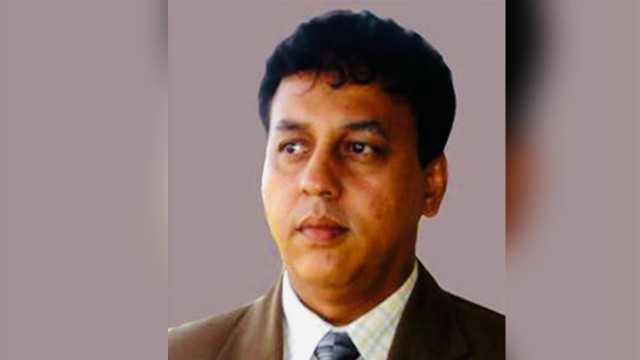
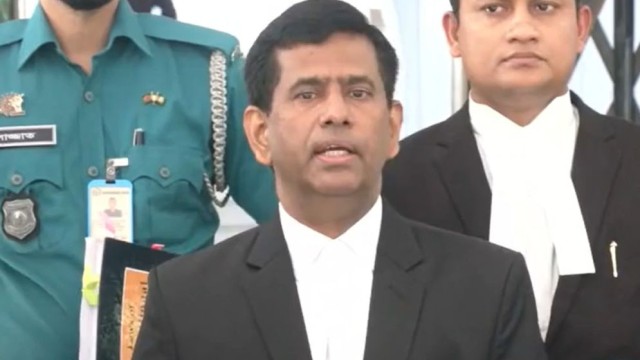
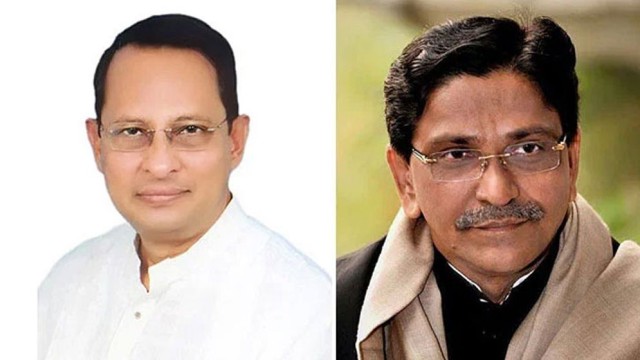
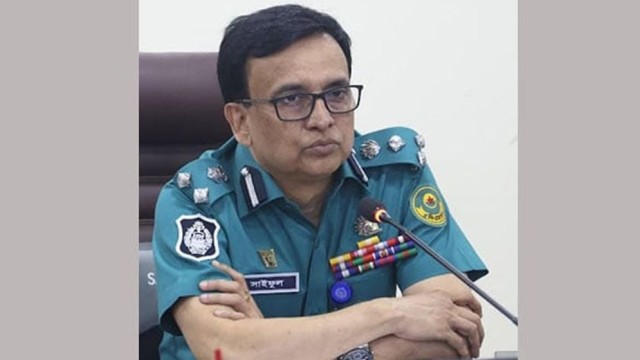
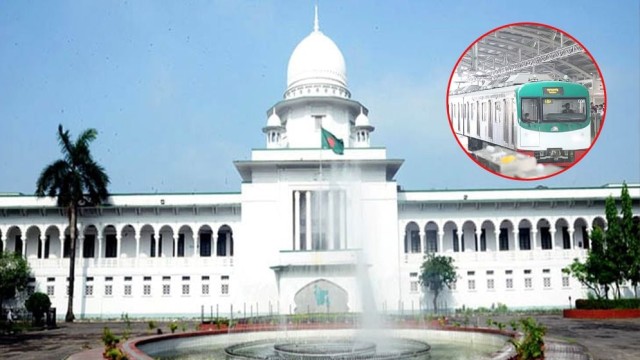
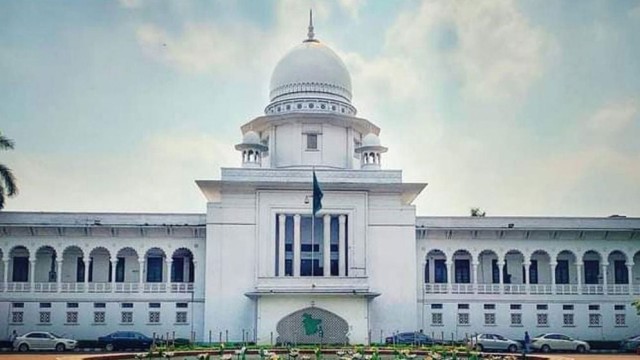
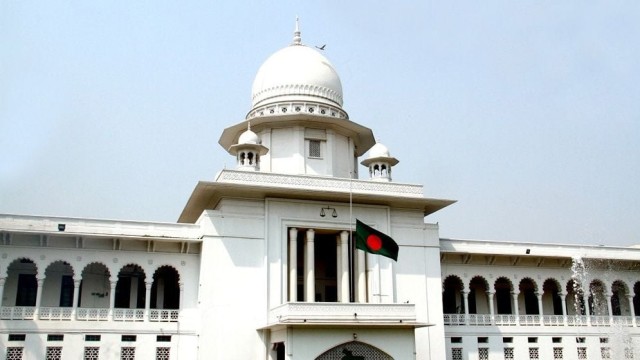
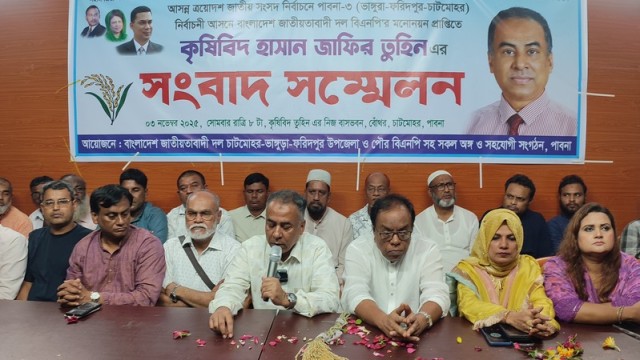


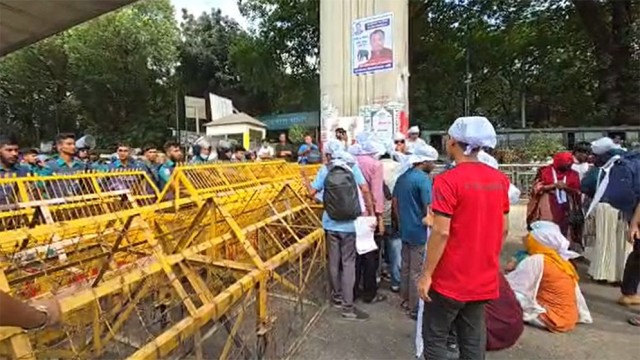
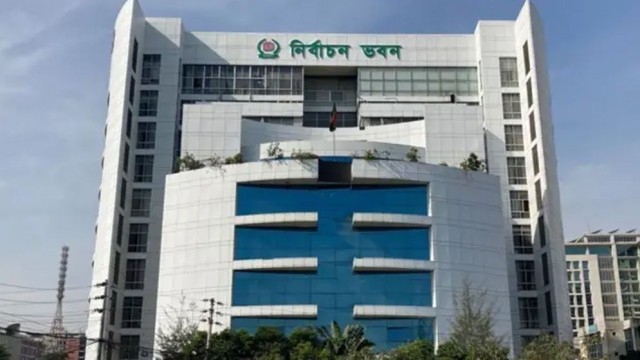
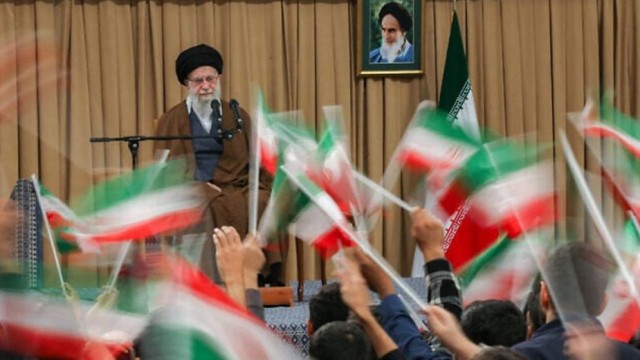
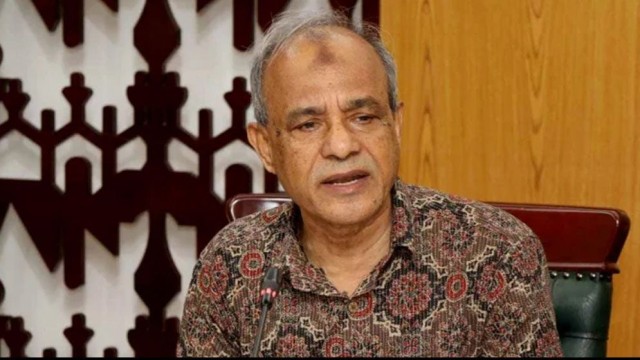
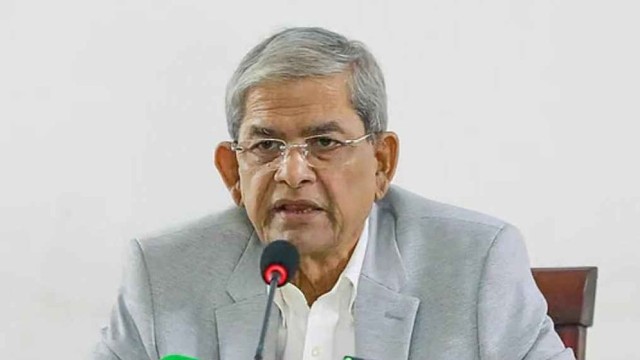
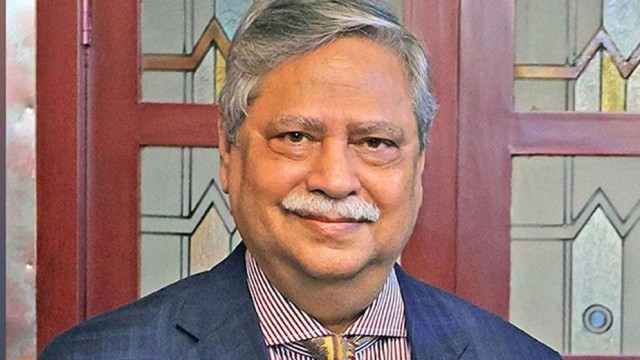
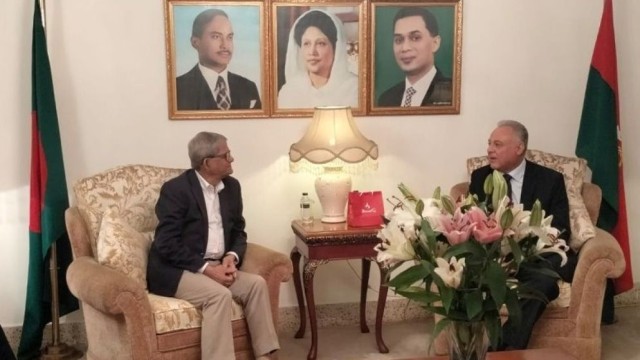

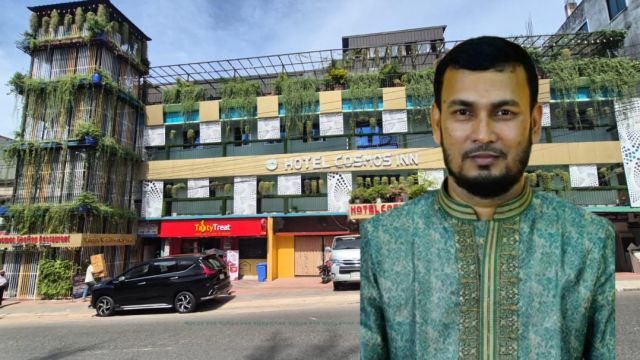
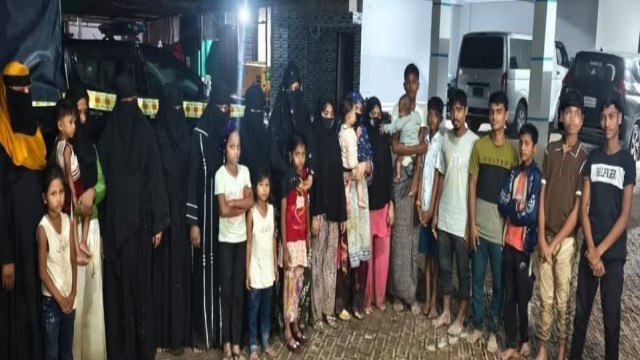
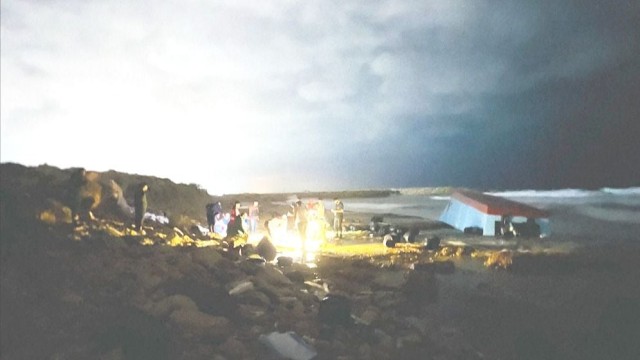





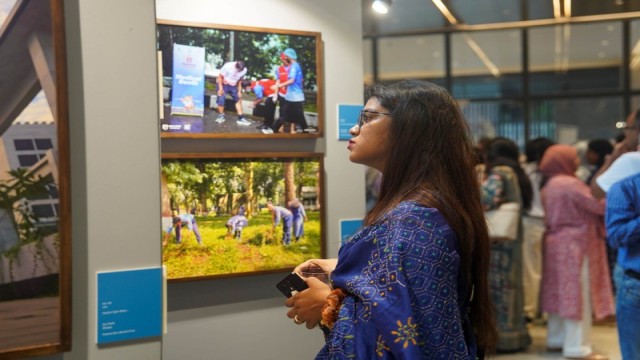

Comment: